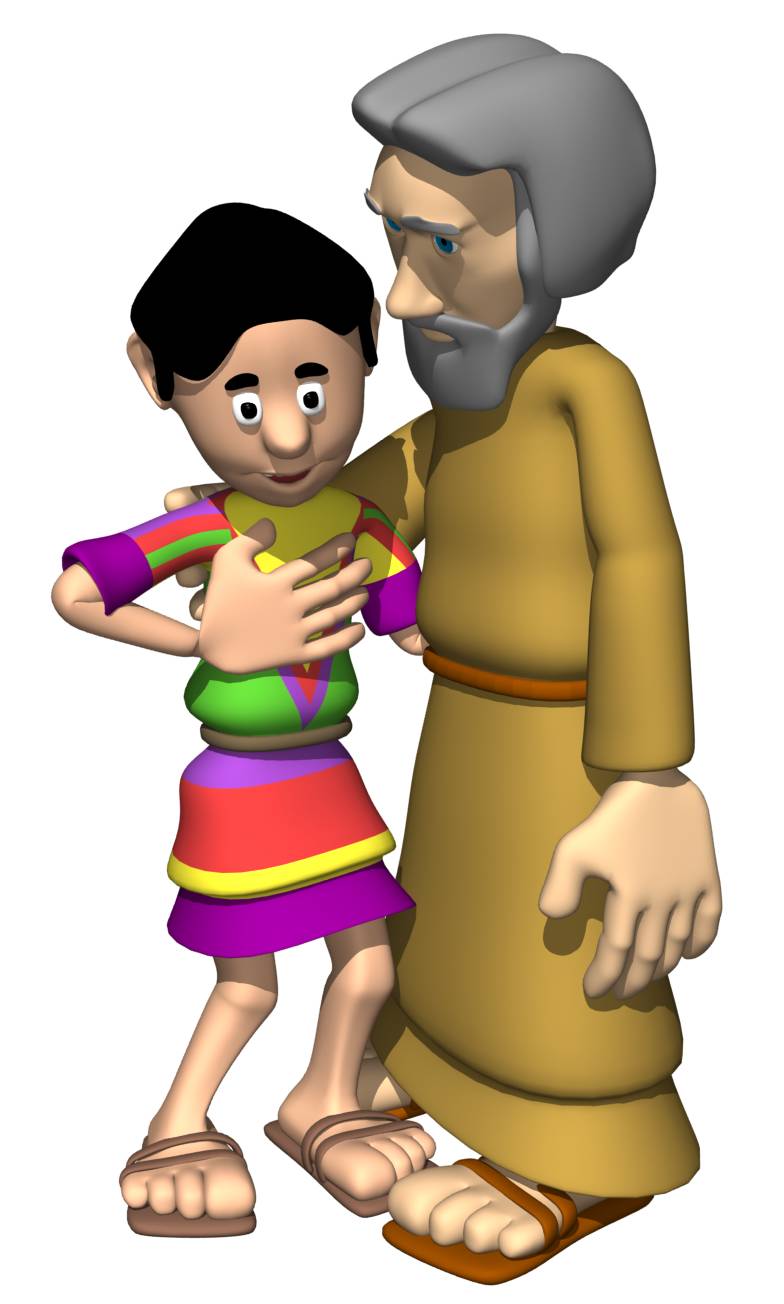Genesis 37–41 The Life of Joseph—A Foreshadow of Messiah Ben (Son of) Yosef
The spirit of Antimessiah (Antichrist) is on a dramatic rise in our day. It is even rampant among those who are returning to the Hebraic, Torah-centric roots of the Christian faith where some people are losing their faith in Yeshua the Messiah. A few are even converting to Rabbinic Judaism, which denies the messiahship and deity of Yeshua and the divine inspiration of the Testimony of Yeshua. Some of the blame for this can be laid at the feet of a few of the modern-day descendants of the non-believing Pharisees (i.e. the Rabbinic Jews), who use clever arguments to beguile unstable and unlearned souls into humanistic reasoning devoid of a living faith in Yeshua their Savior and the Redeemer of man. Because of a spiritual blindness that Scripture prophesied would come upon the Jews producing a hardness of heart toward Yeshua the Messiah, unbelieving Jews ignore the numerous prophetic shadow-pictures pointing to Yeshua the Messiah contained in their own Tanakh.
May the following study strengthen your faith in Yeshua the Messiah, in his divine origination in the very heart, mind and essence of Elohim, and in the fact that he was foreordained to come to this earth to reconcile sinful man to his Heavenly Father through his self-sacrifice on the cross. All this was prophesied long ago in the Tanakh. The ancient Jewish sages speak of a messianic figure coming called Messiah son of Joseph (Mashiach ben Yosef), the Suffering Servant, whose life and ministry would parallel that of Joseph, yet these same Jewish sages fail to see the connection between Joseph’s life and that of Yeshua. Let’s now chronicle the striking and uncanny parallels between Joseph and Continue reading


